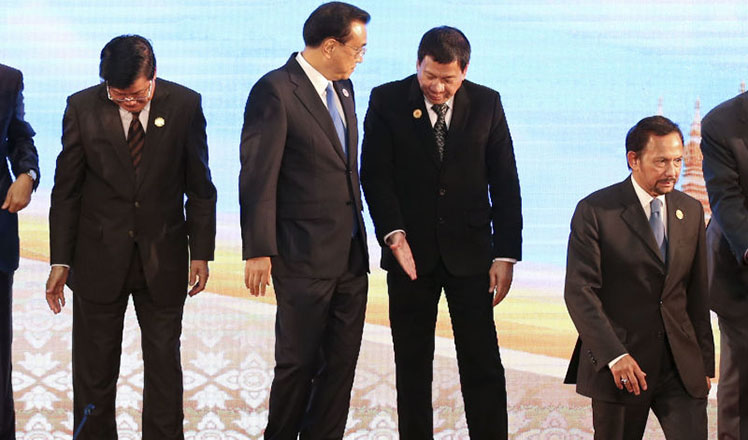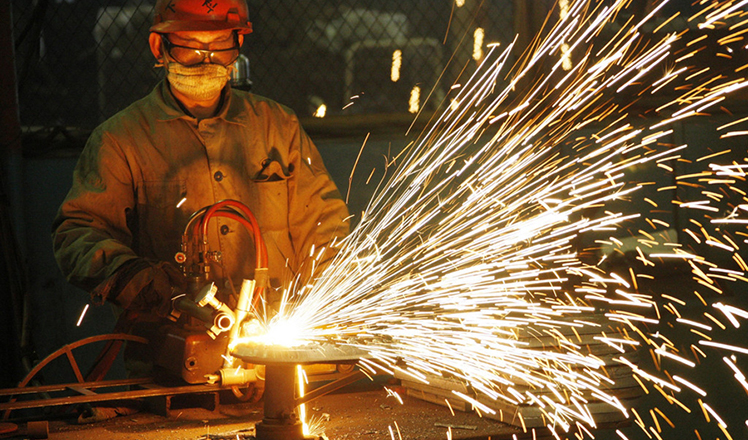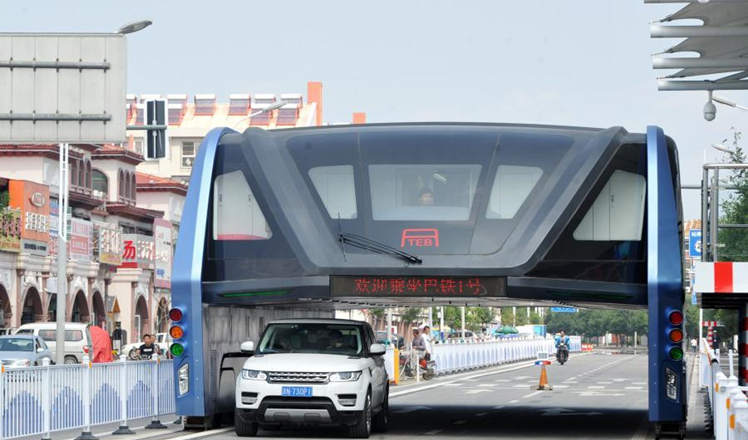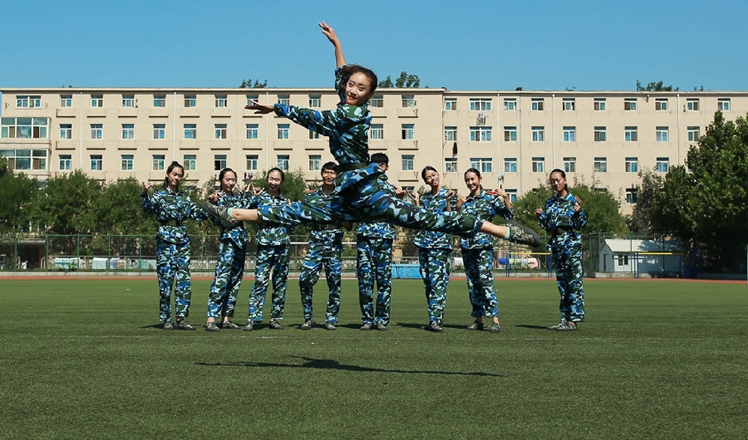China, G20 must reverse the eclipse of globalization
Updated: 2016-09-08 14:52
By Dan Steinbock(chinadaily.com.cn)
|
||||||||
China and G20’s historical moment
The good news is that, between 2008 and 2013, as economic momentum shifted from the transatlantic axis to Asia, it led the emerging Asia to add more to the global economy than the entirety of Germany. Indeed, Asia may have produced nearly another Germany in the past three years, despite China’s growth deceleration.
Following the global crisis in 2009-10, half of global GDP growth could be attributed to China, although its GDP was less than 10 percent of the world total. A huge $590 billion stimulus plan supported Chinese growth when the world economy needed it the most. But as that stimulus helped to keep many advanced, emerging and developing economies afloat, it cost China a massive debt burden that will take years to unwind.
Today, China accounts for 25 percent of world GDP growth, which is closer to its share in the world economy. Undoubtedly, China will do its share for global growth prospects, as evidenced by the massive One Belt One Road (OBOR) initiative, which has potential to accelerate industrialization in multiple world regions, and the China-sponsored BRICS New Development Bank and the Asian Infrastructure Investment Bank, which seek to complement – not substitute – multilateral organizations, which are dominated by major advanced economies.
However, amid its rebalancing and deleveraging, China cannot do more. It is now the turn of the major advanced economies and other large emerging economies to execute their structural reforms. That’s what their economies need to alleviate secular stagnation and deceleration, while supporting aging populations. That’s also what G20 needs to restore acceptable levels of global economic integration.
In early July, G20 ministers reached a deal to cut global trade costs, reaffirmed commitment to reduce trade protectionism and set up a new global investment policy. Thanks to a series of deals in Shanghai, the prospects of ‘de-globalization’ remain pressing but are no longer inevitable.
Following the G20 Summit in Hangzhou, what is needed is a multi-front attack on the global slump in investment and trade. Otherwise, the global forced displacement will get a lot worse, which would undermine the remaining global growth prospects and foster destabilization around the world.
The author is a guest fellow at the Shanghai Institutes for International Studies. This article is based on his SIIS project, "China and the multipolar world economy". This commentary was originally published by China-US Focus on August 30, 2016
- British parliament to debate second Brexit referendum petition
- Chinese women find their way through the glass ceiling
- Rousseff leaves presidential residence in salutation
- Thousands of Chinese rally in Paris to call for 'security for all'
- Xi tells Park China opposes deployment of THAAD in ROK
- Singapore confirms 27 new cases of Zika infection

 Unforgettable moments of Premier Li at ASEAN meeting
Unforgettable moments of Premier Li at ASEAN meeting
 Six policy signals China sent at G20 Summit
Six policy signals China sent at G20 Summit
 'First Lady table ware' a hit in Hangzhou
'First Lady table ware' a hit in Hangzhou
 Paralympics opens in Rio
Paralympics opens in Rio
 Street-straddling bus continues tests
Street-straddling bus continues tests
 British man falls for ancient Jiangxi village, buys property
British man falls for ancient Jiangxi village, buys property
 Post-90s property beauty's daily life
Post-90s property beauty's daily life
 Freshmen show dance skills during military training
Freshmen show dance skills during military training
Most Viewed
Editor's Picks

|

|

|

|

|

|
Today's Top News
Trump outlines anti-terror plan, proposing extreme vetting for immigrants
Phelps puts spotlight on cupping
US launches airstrikes against IS targets in Libya's Sirte
Ministry slams US-Korean THAAD deployment
Two police officers shot at protest in Dallas
Abe's blame game reveals his policies failing to get results
Ending wildlife trafficking must be policy priority in Asia
Effects of supply-side reform take time to be seen
US Weekly

|

|







